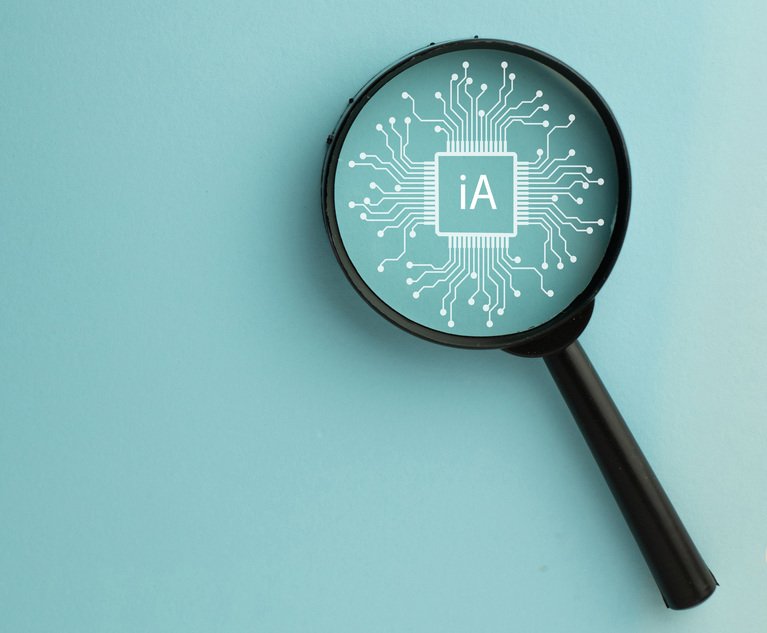 Let’s get right to the point. Many lawyers could benefit from using AI in their legal practice. Here’s how:
Let’s get right to the point. Many lawyers could benefit from using AI in their legal practice. Here’s how:
- Reduced workload: AI can automate repetitive and time-consuming tasks such as document review, proofreading, and legal research, freeing up lawyers’ time for higher-level work.
- Enhanced analysis and identification: AI can assist lawyers in analyzing and identifying persuasive precedents by providing quick access to relevant information and improving the quality control of documents.
- Improved client relations: By delegating low-level tasks to AI, lawyers have more time to engage with clients, develop strategies, and keep clients better informed throughout the legal process. This can lead to stronger client relationships and satisfaction.
- Increased productivity: AI tools can increase attorney productivity by reducing the time spent on manual tasks, allowing lawyers to focus on more complex and value-added work.
- Efficiency and cost-effectiveness: AI can help lawyers streamline their workflow, leading to increased efficiency and cost savings for law firms.
- Legal research and analysis: AI can assist lawyers in conducting legal research more quickly and consistently, spotting issues, and finding relevant documents.
- Automation and task management: AI can automate routine tasks such as scheduling, client intake, and email communication, improving efficiency and organization within a law firm.
Of course, it’s important for lawyers to use AI responsibly and ethically, considering potential biases and privacy concerns. A Clio article suggests that proper training and education are key to ensuring the responsible use of AI in the legal profession. Exactly what is AI? The article states:
AI systems leverage intelligent algorithms that classify, analyze, and make predictions from large amounts of data. These algorithms are trained using large datasets (i.e. “training data”) so that they can identify patterns in data, make predictions, and recommend actions.
This content has been archived. It is available through our partners, LexisNexis® and Bloomberg Law.
To view this content, please continue to their sites.
Not a Lexis Subscriber?
Subscribe Now
Not a Bloomberg Law Subscriber?
Subscribe Now
LexisNexis® and Bloomberg Law are third party online distributors of the broad collection of current and archived versions of ALM's legal news publications. LexisNexis® and Bloomberg Law customers are able to access and use ALM's content, including content from the National Law Journal, The American Lawyer, Legaltech News, The New York Law Journal, and Corporate Counsel, as well as other sources of legal information.
For questions call 1-877-256-2472 or contact us at [email protected]






